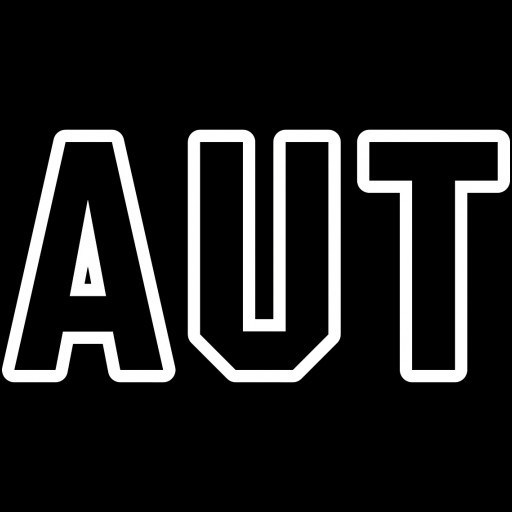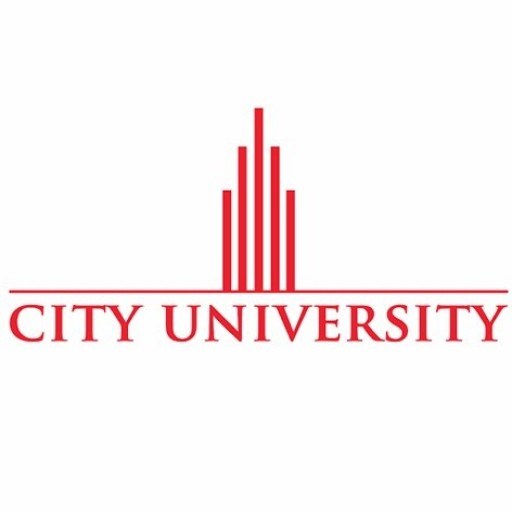Photos of university / #oxford_uni
The Philosophy and Physics degree program at the University of Oxford offers students a unique opportunity to explore and understand the fundamental nature of reality through two distinct yet interconnected disciplines. This interdisciplinary course is designed for students with a keen interest in both scientific inquiry and philosophical thought, providing a comprehensive curriculum that fosters critical thinking, analytical skills, and a deep appreciation for the complexities of the universe and human understanding.
Throughout the course, students will engage with a diverse range of topics including classical and modern physics, quantum mechanics, cosmology, and the philosophy of science, while also exploring areas such as metaphysics, epistemology, ethics, and the history of philosophy. The program encourages intellectual curiosity and rigorous debate, allowing students to examine how philosophical perspectives influence scientific theories and vice versa. Students will benefit from world-class teaching by leading experts in both fields, as well as access to cutting-edge research facilities and resources, including the university’s renowned libraries and laboratories.
The degree is structured to enable students to develop a balanced understanding of both disciplines, often integrating philosophical analysis with scientific data to address fundamental questions about the nature of reality, consciousness, and the universe. The course emphasizes independent research, critical analysis, and articulate argumentation, preparing graduates for a wide range of careers including academia, research, public policy, and education. The program also promotes an interdisciplinary mindset, encouraging students to make connections across boundaries and approach complex problems with innovative solutions. With its rigorous academic standards and vibrant intellectual community, the Philosophy and Physics program at Oxford is ideal for students aspiring to become future leaders in scientific and philosophical inquiry.
Your work is divided between private study, tutorials, classes (two or three weekly) and lectures (about eight weekly). Private study (reading for and writing essays, completing problem sets) will take up the majority of your working time.
| 1st year | |
|
Current courses Physics
|
Assessment First University examinations: |
| 2nd year | |
|
Current courses Physics
|
Assessment Final University examinations, Part A: |
| 3rd year | |
|
Current courses One elective paper in either Physics or Philosophy Physics A choice of three (or five if the elective paper is in Physics) of the following subjects:
Philosophy
|
Assessment Final University examinations, Part B: |
| 4th year | |
|
Research Three units chosen in any combination from the lists for Physics and Philosophy Advanced philosophy of physics is an option. The options listed above are illustrative and may change. More information about current options is available on the Physics and Philosophy websites. |
Assessment Final University examinations, Part C: |
- Attestat o Srednam Obrazovanii (Certificate of Secondary Education) would not be sufficient for candidates to make a competitive application. If your qualification is listed as being insufficient to make a competitive application to Oxford, then you will need to undertake further study if you wish to apply.You could take British A-levels (the British Council may know where you can take A-levels in your country), the International Baccalaureate (IB), or any other qualifications listed as acceptable on this page. The first year of a bachelor's degree from another university could also be an acceptable alternative.
- IELTS: overall score of 7.0 (with at least 7.0 in each of the four components)
- TOEFL (paper-based): overall score of 600 with a Test of Written English score of 5.5
- TOEFL (internet-based): overall score of 110 with component scores of at least: Listening 22, Reading 24, Speaking 25, and Writing 24.
- Cambridge English: Advanced, also known as the Certificate of Advanced English (CAE): grade A if taken before January 2015, or a score of at least 185.
- Cambridge English: Proficiency, also known as the Certificate of Proficiency in English (CPE): grade B if taken before January 2015, or a score of at least 185.
- English Language GCSE, or O-level: grade B (for IGCSE, please see below)
- International Baccalaureate Standard Level (SL): score of 5 in English (as Language A or B)
- European Baccalaureate: score of 70% in English.
Hill Foundation Scholarship
Russian nationals wishing to study for a second undergraduate degree.
Palgrave Brown Scholarship
Students must be ordinarily resident in and/or educated in the following countries:
Albania; Armenia; Azerbaijan; Belarus; Bosnia and Herzegovina; Bulgaria; Croatia; Czech Republic; Estonia; Georgia; Hungary; Kazakhstan; Kyrgyz Rep.; Latvia; Lithuania; Macedonia; Moldova; Montenegro; Poland; Romania; Russia; Serbia; Slovakia; Slovenia; Tajikistan; Turkmenistan; Ukraine; Uzbekistan.
The Bachelor of Arts in Physics and Philosophy at the University of Oxford is an interdisciplinary program designed to explore the fundamental questions about the nature of the universe and human understanding. This joint honours degree combines rigorous training in physics with profound philosophical inquiry, providing students with a unique educational experience that fosters critical thinking, analytical skills, and a deep appreciation for the scientific and philosophical perspectives on reality. The Physics component covers core topics such as classical mechanics, electromagnetism, quantum physics, thermodynamics, and modern physics, often involving laboratory work, mathematical modelling, and research projects. The Philosophy part delves into logic, metaphysics, epistemology, philosophy of science, ethics, and the history of philosophical thought, encouraging students to examine the conceptual foundations of scientific theories and to develop their reasoning abilities. The program typically lasts three years for full-time students and is characterized by a strong emphasis on rigorous academic study, independent research, and participation in tutorial discussions with leading experts in both fields. Students graduate with a well-rounded education that prepares them for diverse careers in academia, research, science communication, technology, public policy, and beyond. Admission is highly competitive, requiring strong academic records and often interviews, with applicants expected to demonstrate enthusiasm and aptitude in both disciplines. The university provides excellent resources including physics laboratories, philosophy libraries, and access to renowned faculty members who guide students through interdisciplinary projects. Throughout the course, students are encouraged to critically evaluate scientific theories and philosophical arguments, fostering a nuanced understanding of how scientific knowledge influences philosophical debates and vice versa. This program aims to produce graduates who are skilled in logical reasoning, quantitative analysis, and philosophical critique, equipping them with versatile skills applicable in many professional contexts. The interdisciplinary nature of the course reflects Oxford’s commitment to broad-based education and intellectual inquiry. Students are also given opportunities for interdisciplinary seminars, conferences, and potential research placements. Overall, the Physics and Philosophy degree at Oxford offers an intellectually stimulating environment, rigorous academic curriculum, and the chance to engage deeply with some of the most profound questions about the universe and human thought.








